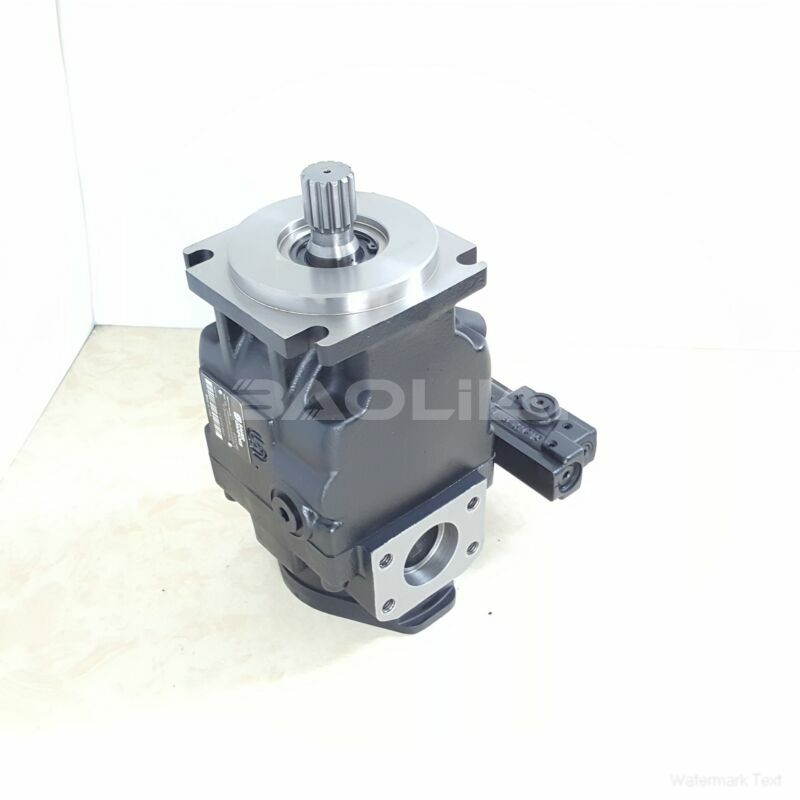JRRS65CLS2520NNN3K4NEA9NNNNJJJNNN piston pump
JRRS65CLS2520NNN3K4NEA9NNNNJJJNNN piston pump

- Product Details
- Applicable Scene
In modern power generation facilities, maintaining optimal operational efficiency and system reliability is crucial. One significant aspect of this is the effective management of heat generated during the energy production process. Hydraulic pumps play a pivotal role in the cooling systems of these power plants, facilitating the circulation of fluid to remove excess heat and ensure smooth operation.
JR-R-S65C-LS-25-20-NN-N-3-K4NE-A9N-NNN-JJJ-NNN
JRRS65CLS2520NNN3K4NEA9NNNNJJJNNN
Hydraulic pumps are specialized mechanical devices that convert mechanical energy into hydraulic energy, enabling the transfer of fluids within various systems. In power generation cooling systems, these pumps help circulate water or other coolants to absorb and dissipate heat from critical components such as turbines, generators, and condensers. The cooling process not only prolongs the lifespan of equipment but also enhances overall efficiency, leading to better energy output and reduced operational costs.

83029380
There are several types of hydraulic pumps utilized in cooling systems, including centrifugal pumps, gear pumps, and piston pumps. Each type has its unique characteristics, advantages, and challenges. Centrifugal pumps are widely favored for their simplicity and efficiency in handling large volumes of fluid at relatively low pressures. They are particularly suitable for cooling applications where a steady flow is essential. Gear pumps, on the other hand, are noted for their robust design and ability to generate high pressures, making them ideal for applications requiring precise fluid delivery.
The importance of hydraulic pumps extends beyond mere fluid circulation. They contribute to system resilience by ensuring that coolant is consistently available to absorb heat from critical areas. This is especially vital during peak operational periods when excessive heat can lead to component failure or inefficiencies. Moreover, hydraulic pumps are crucial for maintaining the temperature gradients across heat exchangers, enabling effective heat transfer and thus optimizing cooling system performance.





